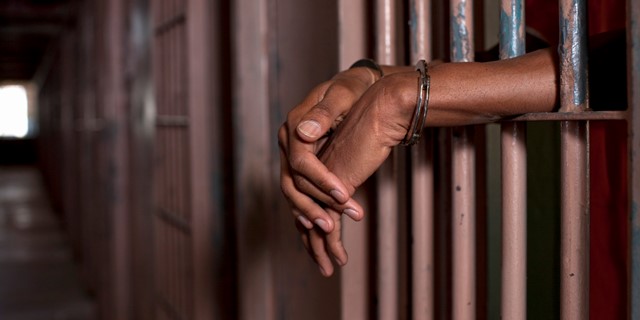Health and security of prison inmates is starting as a big problem into the eyes of jail authorities in India. The unprecedented challenges and questions that the high prevalence of the coronavirus infection has brought about before the government, compels it to look at prisons as potential hotbeds of the infection.
One of the most important challenges before the Prisons Department is to ensure that amid a high density of inmates and low hygiene environments, the infection does not spread to the jails.
The health and emergency of prisoners became a big concern after a few jail officials and two new inmates tested positive for SARS-CoV-2.
While there are some officials of the Special Sub Jail in Thiruvanathapuram and Kannur Sub Jail who have opted for being in quarantine in the jail premises itself, there are others who have opted to go for home quarantine.
The prospect of the coronavirus infection spreading among jail inmates is what is making authorities extremely worried and this may become a bigger challenge in the days to come.
What is further interesting to note is that due to the heavy threat of infection, the authorities have also been contemplating on making any new admissions in the jail because this puts other inmates at greater risk of contracting the infection.
It is due to this that the Prisons Department has decided to filter prisoners before admission.
According to the revised rule, only those prisoners who test negative for the infection will get admission in the jails. If this is not done, jails may soon become breeding grounds for infection.
Everyday more than 5o new persons are brought for admission in the hails but now, no new person will get direct admission into the jails. They will need to undergo screening for COVID-19. It is in this context that the department is trying to approach the health authorise to ready transit shelters for the new inmates either in the prison wards of the medical college hospitals and district hospitals till their medical reports arrive.
It is also important to note that when the prisoners who are new are admitted to the wards, prisoners who are already admitted and undergoing treatment must be shifted to insulate and keep them safe from contracting the disease. The security provided for such prisoners will have to be stacked up when moved out of the prison wards. These will be extremely important steps if the authorities want to make sure that our prisons don’t become infection hotbeds.














